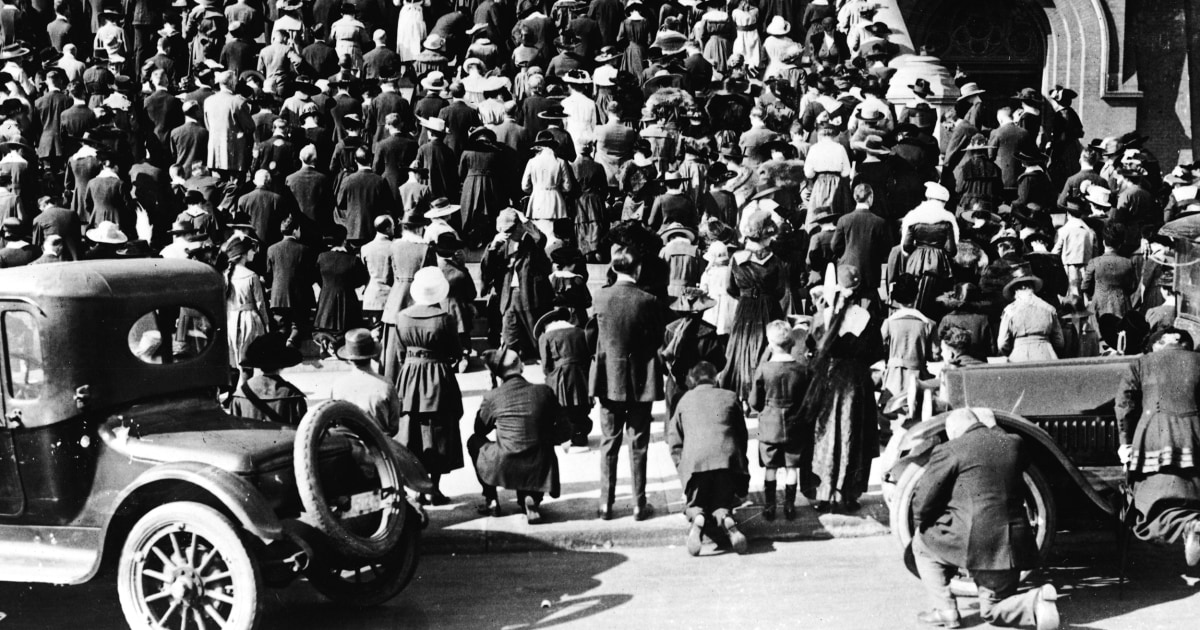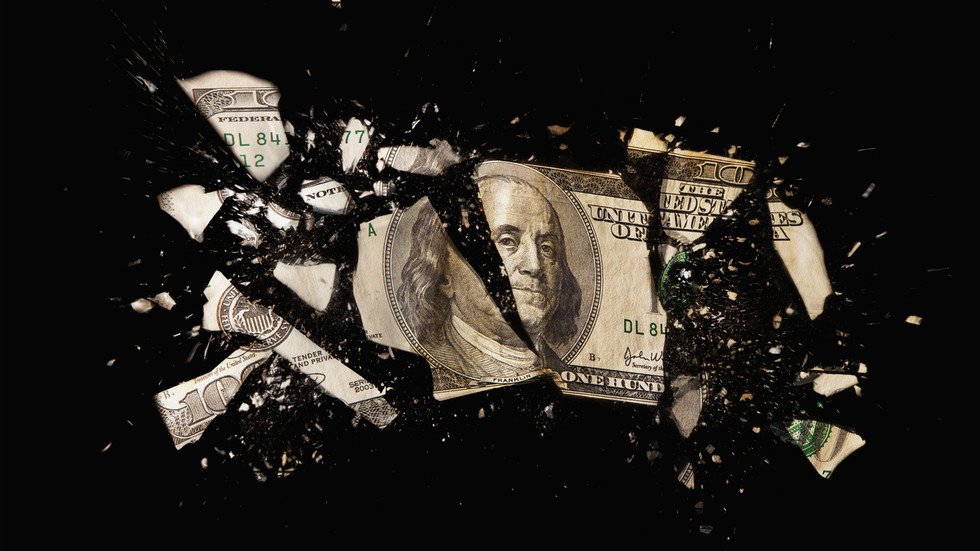1. What is America's national debt burden to GDP percentages?
That's irrelevant.
The only thing that is relevant is that foreign and domestic entities continue to buy US government over-spending packaged as treasury bills, notes and bonds.
There is a long term issue, meaning that at some point the Future, foreign and domestic entities will not be able to purchase US treasury bills, notes and bonds (pronounced "debt") for any number of reasons.
One reason is the fact that Euro-States purchasing US debt will not be able to purchase it, and worse, will have to sell the US debt they do hold to pay the unfunded liabilities they owe through about 2045 or so.
Ooh, and the fed, isn't audited!
So inflation is what ever they want it to be.....
That's not how it works. There is no type of Inflation that is based on audits or any other form of accounting.
2. BRICS have off loaded Trillions of American treasuries, and rid themselves of trillions of dollars holdings, which was an illegal position, to hold secure the dollars position as the preferred currency and the only currency allowed to purchase oil and gas.
That's a false statement.
As of November 2020, China (the "C" in BRICs) holds $1.063 TRILLION in US debt and never held more than $1.2 TRILLION as far the data shows.
Brasil (the "B" in BRICs) has never held more than $282 Billion and currently holds $262 Billion.
To my knowledge, Russia (the "R" in BRICs) has never held US debt although it is possible now that non-government entities such as Russian banks, Russian companies and Russian individuals may hold small insignificant amounts.
India (the "I" in BRICs) has actually purchased more US debt, from $159 Billion to $220 Billion.
Subsidised the dollar, but no longer. Oil and gas transactions are now taking place using sovereign currency. America lost its special status when China became the number one economy.
The US Dollar is not subsidized. It is the
de facto international reserve currency and currency of international trade and will continue to be until it is displaced by another currency. The Euro had little effect on the US Dollar.
3. War resolves debt, the winner rules, okay!
Not on this Earth.






